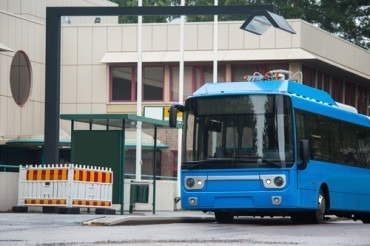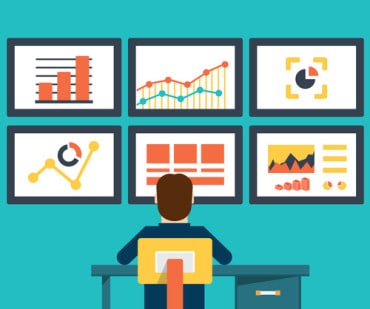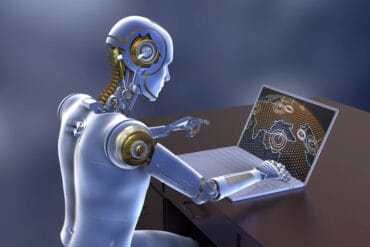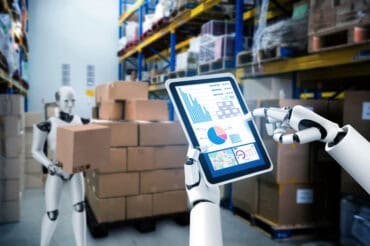
Microsoft will invest $5 billion into Internet of Things solutions over the next four years, improving accessibility to the tech for all customers.
Microsoft has announced it will invest $5 billion into the Internet of Things over the next five years, in a move to provide every customer with the ability to transform their business through IoT.
“It’s well understood that IoT solutions can create operational efficiencies, but we know the true impact extends well beyond that into our daily lives,” said corporate vice president of Microsoft Azure, Julia White. “Our customers are delivering electricity to schools in Africa, creating better patient outcomes with predictive care, improving worker safety on job sites and driver safety of Alaskan roadways.”
See also: Fleet Complete and GM to Use OnStar to Bring IoT Services Fleets
Microsoft intends to make IoT available to customers of all shapes and sizes, investing heavily in research and innovation in IoT and intelligent edge. “We’ve been invested in IoT before the term was coined when enterprises had these endpoints in their factories, buildings and other devices that were dark,” said White.
“We are uniquely positioned to simplify the IoT journey so any customer—regardless of size, technical expertise, budget, industry or other factors—can create trusted, connected solutions that improve business and customer experiences, as well as the daily lives of people all over the world.”
Microsoft has seen its market-share in cloud computing grow as more customers turn to its Azure platform for Internet of Things and connected solutions. It makes sense that the company is willing to spend billions to affirm its position in the market and make their solutions more accessible for customers.
“We’re now seeing the kind of increased adoption and exponential growth that analysts have been forecasting for years. A.T. Kearney predicts IoT will lead to a $1.9 trillion productivity increase and $177 billion in reduced costs by 2020,” said White. “This effect will be pervasive, from connected homes, self-driving cars, manufacturers, smart cities, and everything in between.”





























